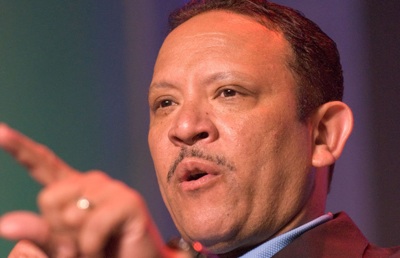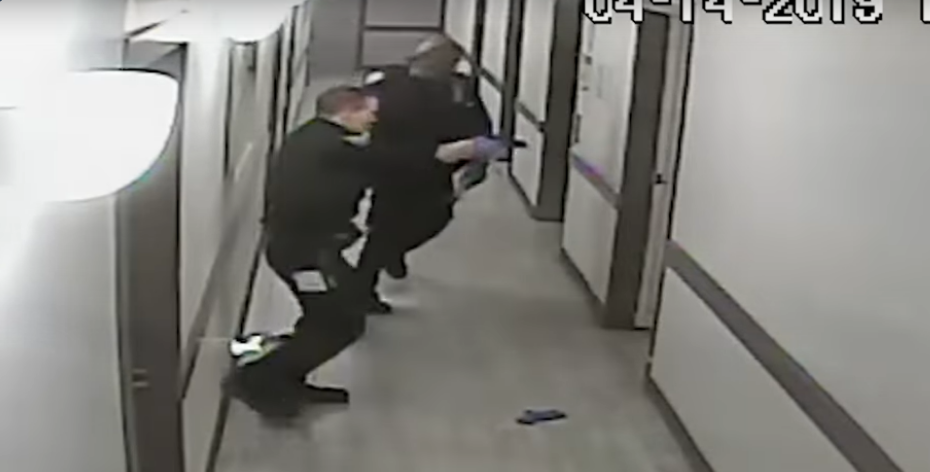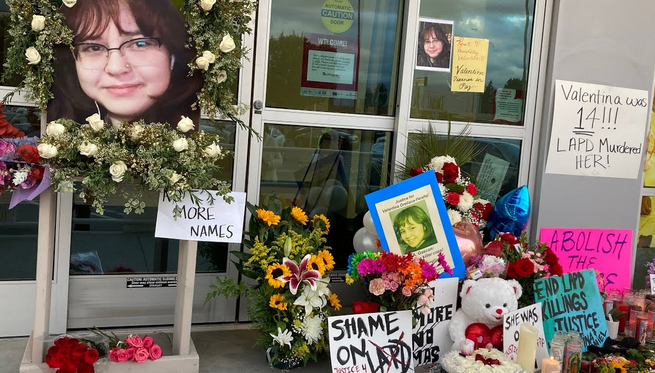Marc Morial
Today, in the face of tragedies that shock the collective conscience of our nation, it has become commonplace for national media to ask, “What will happen after the cameras shut off, the notepads are tucked away and the reporters have gone home?”
Those in the community—who have been most intimately touched by the calamity—will wonder aloud, and to themselves, “What comes next?”
Those questions lingered in the smoldering air of Ferguson, Mo. after the death of Michael Brown—an unarmed Black teen shot and killed by a white police officer—ignited protests and left behind a trail of urban destruction in its wake. Last week, the Urban League of Metropolitan St. Louis, under the leadership of President and CEO Michael P. McMillan, provided its response to those persistent questions. From the ashes of a convenience store burned in the unrest following Brown’s death will rise the new Urban League Community Empowerment Center.
The center, set to complete construction in fall 2016, will house the Urban League’s recently launched “Save Our Sons” program.
The workforce-training program will provide life- and community-changing assistance to African-American men living in Ferguson and surrounding North St. Louis County communities. The four-week training program serves to broaden access to education, job training, economic self-reliance and employment for its participants. Since the initiative’s launch in January, over 100 Black men from Ferguson and its surrounding neighborhoods have already found gainful employment. Along with three other social services organizations: Provident, Better Family Life and Lutheran Church Missouri Synod, the center will also offer counseling for housing, assistance with utilities and rent, as well as mental health services.
The “Save Our Sons” initiative has proven its value and now, it can continue to provide its much-needed services in a new home. Eleven months ago, a QuikTrip stood where the new empowerment center will one day stand. The nondescript convenience store at the corner of West Florissant Avenue and Northwinds Estates Drive was set on fire the day after Brown’s death, and in the days that followed, it became a powerful symbol and staging ground for protesters and rallies. QuikTrip, an Oklahoma-based chain of convenience stores, had the lot cleared, erected a fence, demolished the store’s remains and contacted the Urban League with an offer to donate the property and a request that a community center be built in its place.
This is how we rebuild communities. This is how we work as partners—private, corporate and government—to save our cities. This is what a commitment to changing lives for the better and empowering our fellow citizens to become productive members of their communities looks like. From once scorched land, a beacon of hope and lasting change will rise. At a site once marred by anger and violence born of tragedy, the Urban League and community members—including Lesley McSpadden, the mother of Michael Brown—broke ground together, determined to bestow meaning and purpose to pain.
Building a new empowerment center in Ferguson represents tangible movement on the issues of social injustice and inequality that create the cycle of poverty and violence that entraps so many of our citizens in our nation’s most vulnerable communities. The new empowerment center means we put boots on the ground and listened to the needs of the community. Pres. McMilllan has said the community center and its direction and purpose is a direct result of conversations the Urban League of Metropolitan St. Louis had with young people following Brown’s death. The Urban League Community Empowerment Center will also be the catalyst for further development in the area, kicking off business development along the West Florissant Avenue corridor.
Debate and conversation has its rightful place in our nation, but rhetoric without resources and a resoluteness to enact reforms leaves us in the same place it found us. Debate and conversation may sometimes represent motion, but building the Community Empowerment Center represents movement—movement in a positive direction with a higher purpose.
Marc H. Morial is President and CEO
National Urban League












